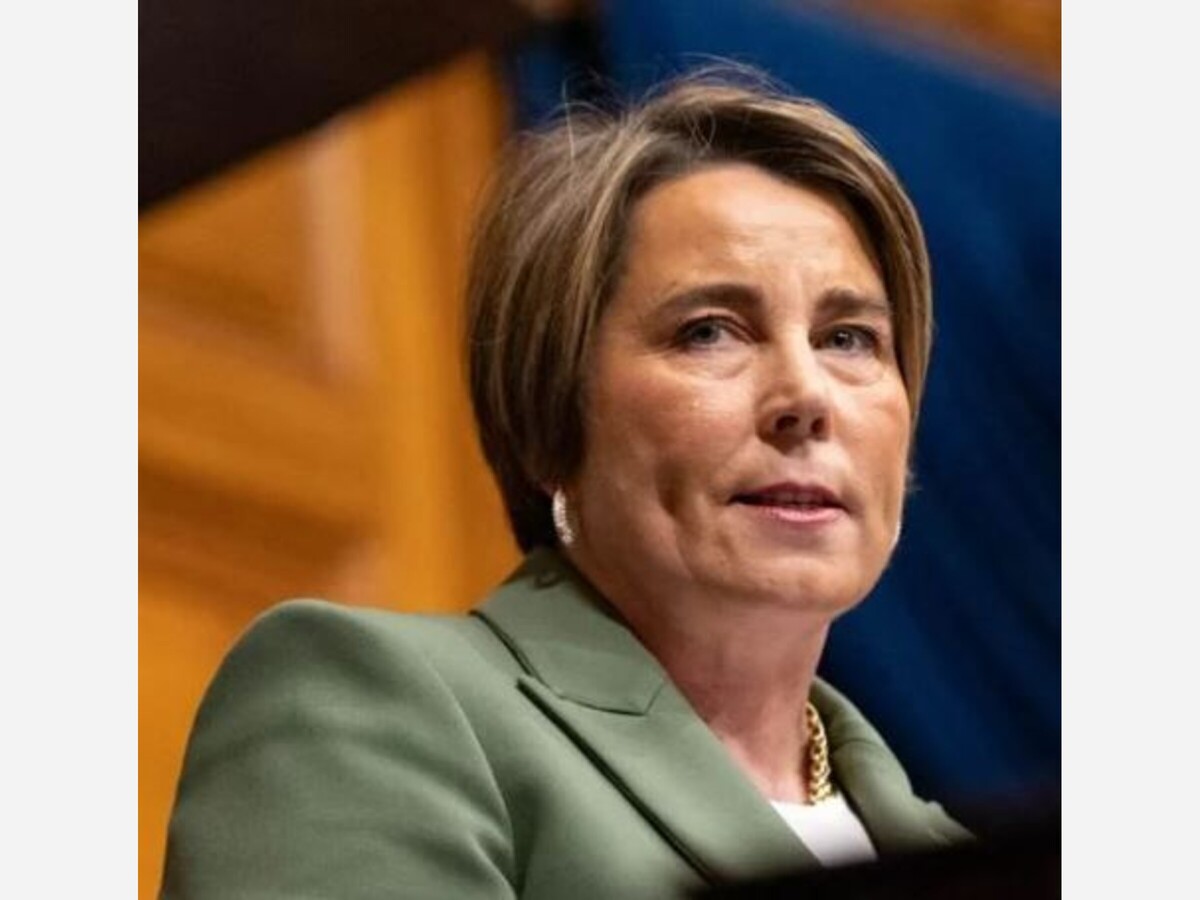Image


Monday, in response to a rising tide of consumer resentment and legislator restlessness, the Healey-Driscoll Administration outlined a new Energy Affordability Agenda to identify and advance actions to lower energy bills for Massachusetts residents by $220 million starting in April and save $5.8 billion for electric and gas customers over the coming years. The program starts immediately, with the Healey-Driscoll Administration promising to deliver $125 million in savings to residential customers in April through a $50 credit on electricity bills, following the Department of Public Utilities’ (DPU) recent action to lower gas bills by $95 million. Additionally, over the next year, the DPU will work to establish a first-in-the-nation moderate-income discount rate and expand tiered-income discount rates for lower income customers.
In a statement, the Mass Fiscal Alliance, a frequent critic of the Healey Administration, gloated, after a fashion. "After months of blaming everything from utility companies to natural gas prices to potential future tariffs with Canada for Massachusetts’ skyrocketing energy costs, Governor Maura Healey is now tacitly admitting through her own actions what many already knew—the state’s aggressive renewable climate energy policies are a major driver of high utility bills in Massachusetts.
"In a hastily announced plan to reduce energy costs, Healey is scrambling to provide temporary relief by redirecting funds meant for renewable energy projects back to ratepayers, and ending a certain expensive solar renewable energy credit program. This move comes after months of political maneuvering over skyrocketing energy rates, during which her administration pointed fingers at everything except the energy policies she’s been championing as the cause of the energy affordability crisis," noted the Alliance statement.
Touting the program, Healey stressed that to enroll energy customers in existing money saving programs and rates, the Healey-Driscoll Administration convened the utilities and other stakeholders to launch a coordinated customer energy affordability outreach and engagement strategy, including providing in-person support to help sign people up for discount rates, bill management programs, and direct energy assistance. Residents looking to sign up for these programs can visit mass.gov/energysavings to learn about money saving opportunities for which they may be eligible.
For years, Massachusetts has led the charge in pushing aggressive renewable energy mandates without ensuring a stable and affordable energy supply., noted Paul Diego Craney, Executive Director of the Fiscal Alliance. He said the results "have been devastating for families and businesses alike," with some of the highest electricity rates in the nation. The state’s insistence on pushing for offshore wind, which has been plagued by cost overruns and delays, and its hostility toward traditional energy sources have only exacerbated the problem, according to Craney.
“If Governor Healey is serious about lowering energy costs, she must do more than shuffle money around—she must reassess the state’s entire approach. The Net Zero by 2050 Roadmap mandate should be reconsidered, with an emphasis on affordability, reliability, and consumer choice. Massachusetts needs an energy policy that works for everyone, not just for special interests pushing costly and unreliable green energy schemes at the State House,” noted Craney.
The full Healey Administration plan can be found here and an outline of the potential savings is available here. Below are highlights from the plan:
Electricity Bill Credit
In April, every electric residential customer served by Eversource, National Grid, and Unitil in Massachusetts will receive a $50 credit on their electric bill. To be good stewards, the administration is directing money back to customers from funds collected to support clean energy. The state has determined that it can still achieve the goals these funds support and return approximately $125 million to customers.
Expand Discount and Money Saving Rates
Last year, the Healey-Driscoll Administration worked with the Legislature to authorize the DPU to establish a first-in-the-nation discount rate for moderate-income customers. Over the next year, the DPU will determine eligibility criteria, the size of the discount, and enrollment procedures so that more Massachusetts residents can get a break on their electricity bills.
This year, the DPU will work to direct the utilities to improve the discount rate enrollment process for eligible customers and establish a tiered low-income discount rate for electric customers of Eversource and Unitil that provides deeper bill discounts to customers that meet certain income thresholds. This is similar to the tiered electric discount rates that will soon be offered to eligible National Grid customers.
Finally, the DPU is working to expand heat pump rates across the utilities. These proposed changes could save an average heat pump customer up to $1,000 during the winter heating season, with combined savings expected to reduce overall costs to heat pump customers nearly $865 million over the next five years.